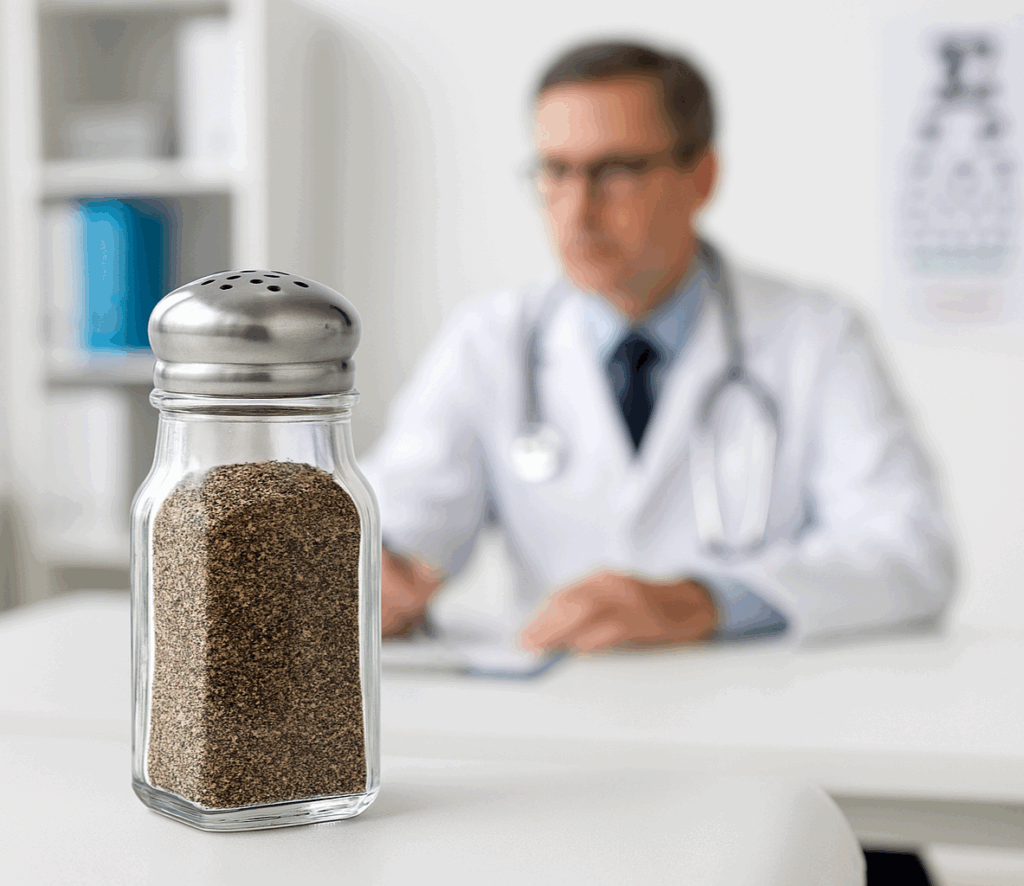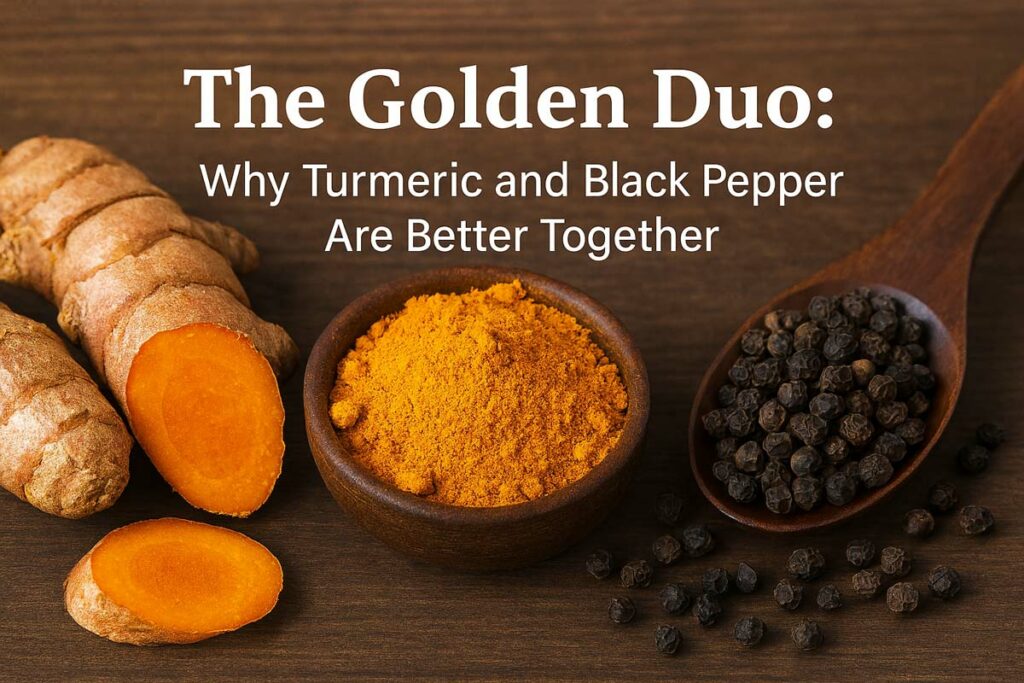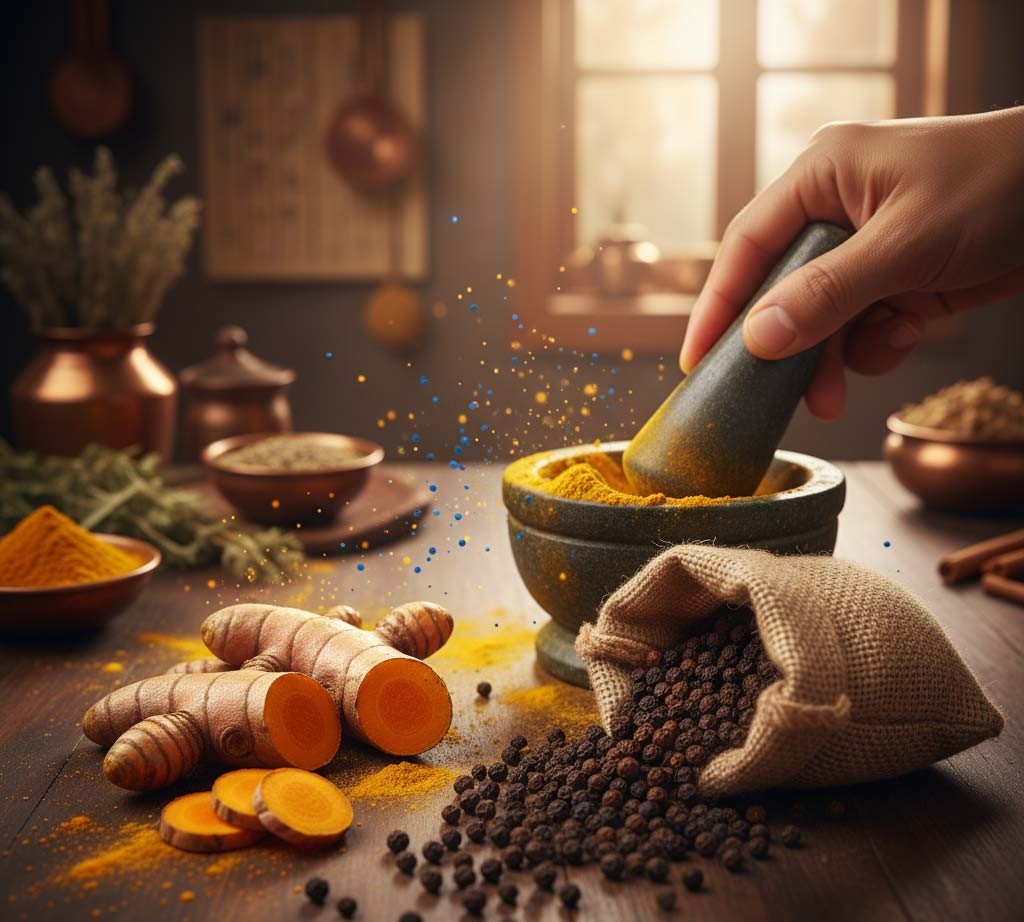Have you ever wondered what are the health hazards of pepper?
Pepper—whether it’s the humble black pepper or fiery chili varieties—has been a kitchen staple for centuries. It adds depth, aroma, and heat to dishes, making food more exciting and flavorful. But while pepper is celebrated for its health benefits, like aiding digestion and boosting metabolism, it’s not all sunshine and spice. Overconsumption or sensitivity can lead to some surprising health hazards.
In this article, we’ll explore the potential health hazards of pepper, why moderation matters, and how to enjoy it safely.

Pepper: A Quick Overview
Pepper comes in many forms:
- Black pepper: Derived from dried peppercorns, rich in piperine.
- Chili peppers: Packed with capsaicin, the compound responsible for heat.
- White, green, and pink pepper: Variations of the same plant or similar species.
Both piperine and capsaicin have health benefits, such as antioxidant properties and improved nutrient absorption. However, these compounds can also irritate the body when consumed in excess.
1. Digestive Discomfort
One of the most health hazards of pepper is digestive irritation. Here’s why:
- Heartburn and Acid Reflux: Capsaicin can relax the lower esophageal sphincter, allowing stomach acid to creep upward, causing that burning sensation.
- Stomach Pain and Cramps: Overindulgence inflames the stomach lining, especially in people with gastritis or ulcers.
- Diarrhea and Nausea: Spicy overload speeds up digestion, sometimes too much, leading to loose stools and discomfort.
Tip: If you have acid reflux or irritable bowel syndrome (IBS), go easy on the spice.
2. Mouth and Throat Irritation
Ever bitten into a chili that left you gasping for air? That burning sensation is capsaicin at work. While usually harmless, excessive pepper can cause:
- Burning and swelling in the mouth
- Coughing fits if pepper dust is inhaled
- Throat irritation, which can be dangerous for people with asthma or respiratory conditions.
3. Allergic Reactions
Though rare, pepper allergies exist. Symptoms may include:
- Hives or skin rashes
- Swelling of lips and tongue
- Severe cases: difficulty breathing (anaphylaxis)
If you suspect an allergy, consult a doctor immediately.
4. Medication Interactions
Piperine, the active compound in black pepper, can interfere with certain medications by altering how they are absorbed. This includes:
- Blood thinners
- Diabetes medications
- Epilepsy drugs
Always check with your healthcare provider if you’re on medication and love pepper.
5. Fertility Concerns
Some studies suggest that excessive pepper intake may affect male fertility due to oxidative stress on sperm cells. While research is ongoing, it’s another reason to keep spice levels moderate.
6. High Capsaicin Risks
Consuming extremely spicy foods or concentrated chili extracts can cause:
- Gastric mucosal damage
- Circulatory issues like dizziness or blood pressure fluctuations
- Severe nausea and vomiting
In rare cases, very high doses of capsaicin have been linked to heart rhythm disturbances.
7. Skin and Eye Irritation
Handling hot peppers without gloves can lead to painful burns on the skin. Touching your eyes afterward? A recipe for disaster. Always wash hands thoroughly after handling chili peppers.
How Much Is Too Much?
There’s no universal limit, but moderation is key. A pinch of black pepper or a few slices of chili in your meal is generally safe. Problems arise when:
- You eat extremely spicy dishes daily.
- You consume concentrated pepper extracts or supplements without guidance.
Tips for Safe Pepper Enjoyment
- Start small: Gradually increase spice levels to build tolerance.
- Pair with cooling foods: Yogurt, milk, or starchy sides can help.
- Avoid if you have ulcers, IBS, or asthma.
- Stay hydrated: Water won’t neutralize capsaicin, but milk or yogurt will.
- Wash hands after handling peppers.
Health Hazards of Pepper: Bottom Line
Pepper is a culinary superstar with undeniable health perks, but it’s not risk-free. Overdoing it can lead to digestive distress, allergic reactions, and even medication complications. The key is balance—enjoy the flavor without turning every meal into a spice challenge.
So, next time you reach for that pepper grinder or chili flakes, remember: a little heat goes a long way.

